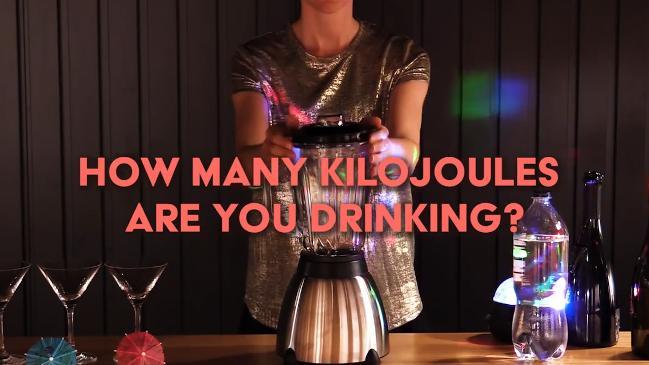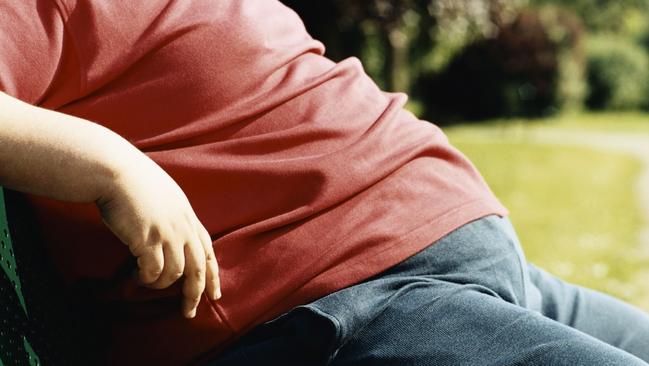Dietitians concerned that giant muffins and giant cake slices are normalising large portions
Super-sized sweet treats served in cafes are normalising large portion sizes, dietitians warn.

VIC News
Don't miss out on the headlines from VIC News. Followed categories will be added to My News.
DIETITIANS are concerned muffins as big as softballs and super-sized cake slices served in cafes are normalising large portion sizes at a time when Australians are struggling to control their weight.
A study of sweet treats in cafes and supermarkets found the average serving size had up to three times the recommended kilojoule intake for unhealthy foods.
Accredited Practising Dietitian Stephanie Liang said her study of more than 460 products found cafe servings were larger and had more energy than supermarkets.
THE BIG FAT LIE WE’RE TELLING OURSELVES
OBESITY AND EATING DISORDERS MORE COMMON THAN ONCE THOUGHT
BABIES FROM POOR FAMILIES HAVE HIGHER RISK OF OBESITY
“The Australian Dietary Guidelines standard serve for discretionary or unhealthy foods is 500kJ,” she said.
Cafe servings contained an average of 1805kJ, significantly more than the supermarket servings of 916kJ.
Cakes and muffins sold in coffee shops were 2½ times as big as those sold in supermarkets: 150g compared to 60g.

Ms Liang said a regular muffin should be about the size of a tennis ball, or a golf ball for a mini muffin.
The size and nutritional content of treats from mudrakes and cheesecakes to muffins and slices were analysed in the study presented at the Dietitians Association of Australia’s conference this week.
“Muffins and cakes are quite popular discretionary foods and portion sizes have dramatically increased,” Ms Liang said.
“People may be getting used to larger serve sizes or perceive they are getting more value for money.
“We are recommending coffee chains reduce servings sizes to the size of the supermarket versions or offer a variety of serving sizes to make it easier for customers.”
Almost two in three Australian adults are overweight or obese, according to Australian Institute of Health and Welfare data.

Obesity Policy Coalition executive manager Jane Martin said overseas research indicated the supersizing of unhealthy food was occurring in everything from pizzas to pies.
“(Our) serving sizes are getting bigger — and we are getting too much energy from these kinds of foods,” she said.
The Victorian government this year introduced mandatory kilojoule labelling for large food chain businesses and supermarkets to help consumers make healthier choices.
Other ways to reduce the consumption of these foods include sharing a treat or choosing one that doesn’t have a sweet filling.


